Fall 2012

The percentage of the older population in the United States is increasing, and will continue to grow, due to the aging of the Baby Boomers. These individuals will experience a number of transitions and issues that may be associated with the aging process. Examples of these issues are late onset hearing loss, increased possibility for […]
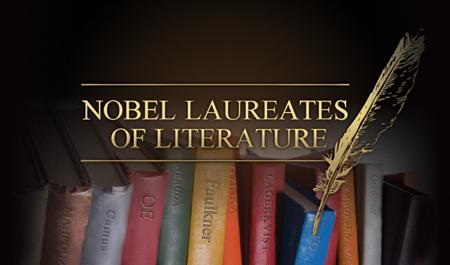
Clearly, Nobel laureates have made major creative contributions to world literature and to international reception of emerging nations’ literary arts. This course will expose students to movements in 20th-century world literature by reading Nobel laureates. Global modernism, as shown by influences shared among these laureates, combines Western and non-Western styles, traditions, and modes of expression. […]
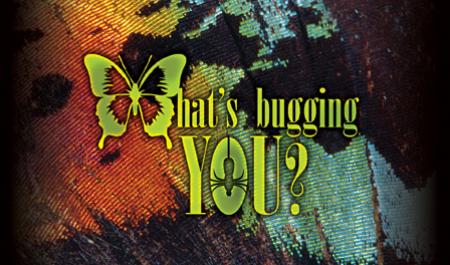
Because insects account for more than half of all described species and have profound effects on our history and culture, knowledge of their contributions and influences is important. Ecologically, insects provide tremendous benefits and equally daunting challenges. They provide critical biological services in pollination, natural products, pest-population regulation, and human nutrition. Insects are also our […]
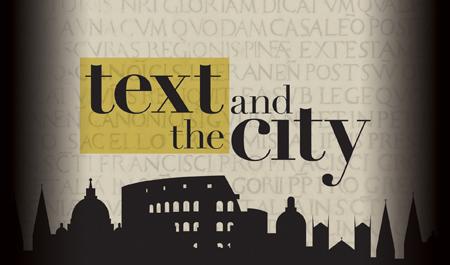
Rome survives despite nearly 3,000 years of invasions by Sabines, Gauls, Visigoths, Ostrogoths, Huns, Normans, Napoleon, Hitler, and mass tourism. In this course we will visit Rome, interwoven in texts and art, from antiquity through the twentieth century. We will complement our reading selections from diaries, guidebooks, poetry, fiction, and history with film clips and […]
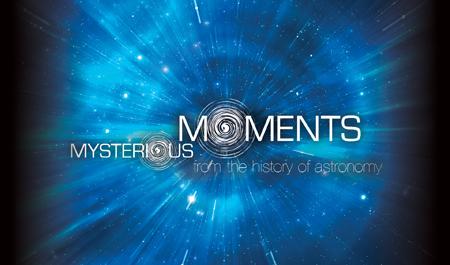
This seminar will examine mysterious moments, ancient and modern, which have come to the fore in humanity’s quest to understand our place in the cosmos. We begin in prehistory, where from the oldest humans we have evidence of sophisticated astronomy. How much did the earliest sky-watchers discover the motions of the heavens? What did they […]
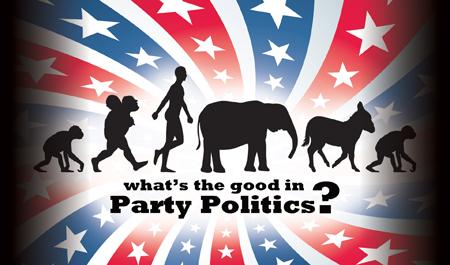
Alexander Hamilton promised that the Constitution would “unite parties for the general welfare,” but Washington perceived that “the baneful effects of the spirit of Party” continued to threaten the republic. In the centuries since, we have blamed partisans and identified with parties. Both of our major parties are grab bags of discordant factions, as […]
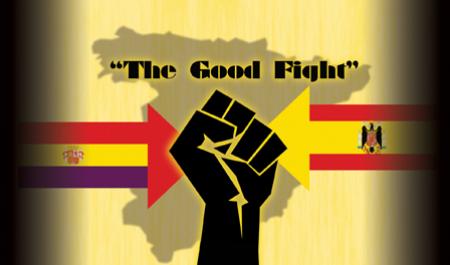
The Spanish Civil War (1936-1939) or The Good Fight, as was it was commonly called on the left, was democracy’s first major confrontation with fascism. Its indelible mark on Spain and on the international community is still felt today. This course will look at the war, its impact and rich international intellectual legacy. The examination […]
